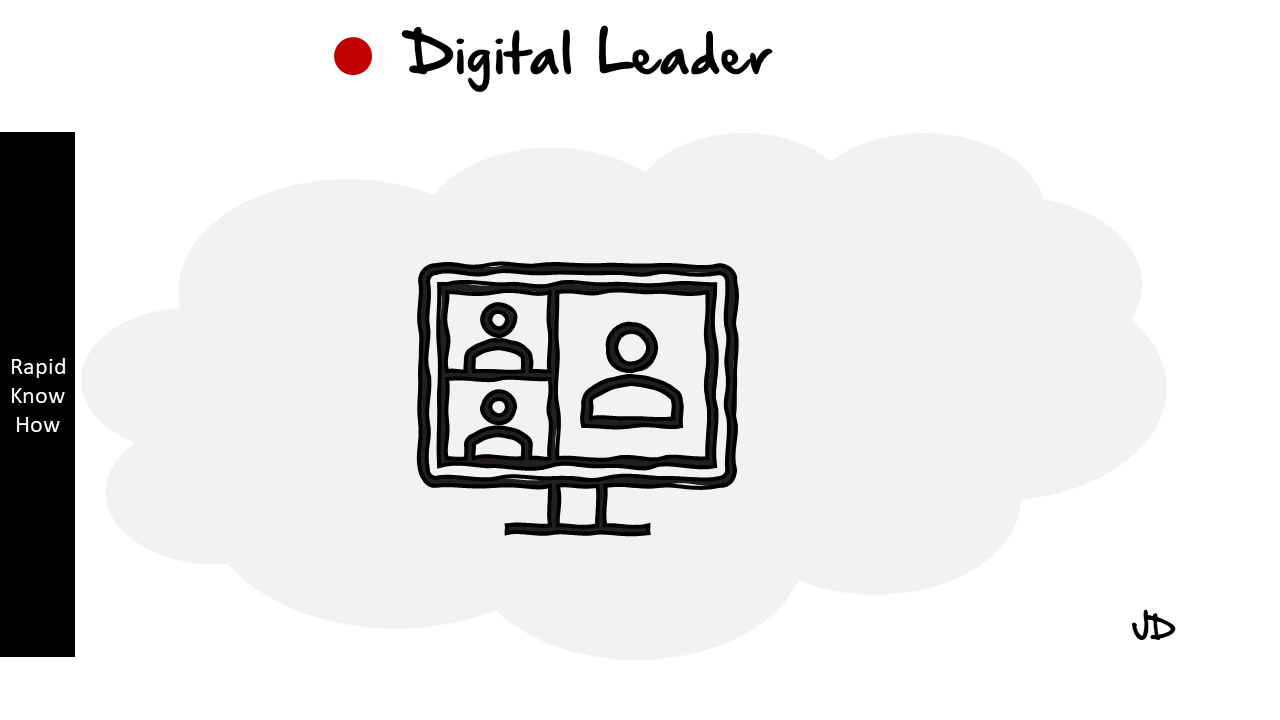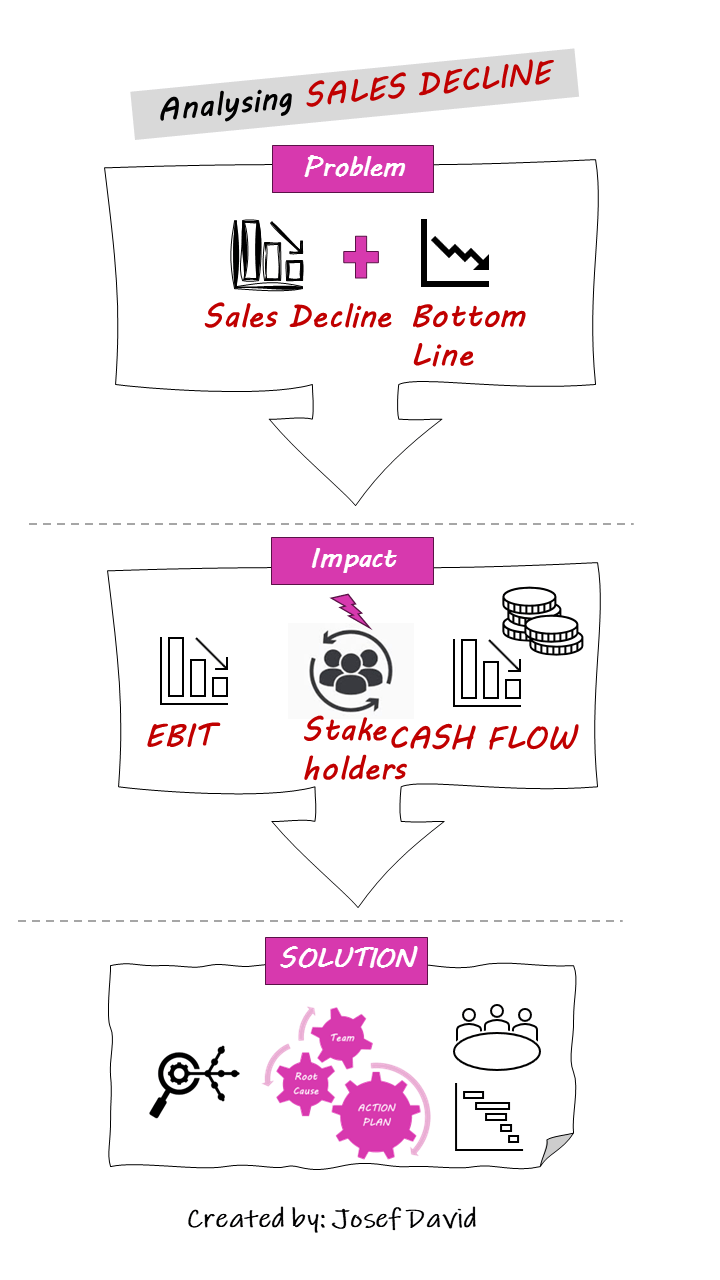RapidKnowHow : The Health Correlation Process
Health Care Leader > Stress Trigger Stress Effect > The Correlation Process From Stress Triggers to Stress Effects > How to avoid negative Stress Effects > 5 Sources of Evidence > Short Report
Short Report on Managing Stress in Healthcare Leadership
Introduction
Stress is an inherent part of the healthcare environment, affecting both health care leaders and the staff they manage.
Understanding the correlation between stress triggers and their effects is essential for creating a resilient workforce and a positive organizational culture.
This report outlines the process from stress triggers to stress effects, strategies to mitigate negative outcomes, and credible sources of evidence.
1. Stress Triggers and Stress Effects
Stress Triggers
Stress triggers in healthcare settings can include high workloads, patient demands, staffing shortages, operational challenges, and interpersonal conflicts. These triggers often lead to elevated stress levels among healthcare leaders and their teams.
Stress Effects
The effects of stress are varied and can significantly impact both individual performance and overall organizational health. Common stress effects include:
- Decreased job satisfaction and morale
- Increased absenteeism and turnover rates
- Burnout among staff
- Impaired decision-making and productivity
- Negative impacts on patient care quality
2. The Correlation Process
The correlation process from stress triggers to stress effects involves several stages:
- Identification of Triggers: Recognizing the sources of stress, such as high patient volumes or lack of resources.
- Physiological and Psychological Response: Triggered stress leads to emotional and physiological responses, affecting mental health and overall well-being.
- Impact on Performance: As stress levels rise, performance may decline, resulting in the stress effects mentioned above.
- Feedback Loop: Negative stress effects can create more triggers, perpetuating a cycle of stress.
3. How to Avoid Negative Stress Effects
Healthcare leaders can implement several strategies to mitigate the adverse effects of stress:
- Promote Work-Life Balance: Encourage flexible work schedules and respect time off to help staff manage stress.
- Provide Resources: Offer access to mental health resources, stress management programs, and employee assistance programs (EAPs).
- Foster Open Communication: Create an environment where staff feel comfortable expressing their concerns and suggesting improvements.
- Implement Team Support: Encourage team-building activities and peer support to reduce isolation and enhance collaboration.
- Regular Training and Development: Provide ongoing training in stress management, resilience, and coping strategies tailored to healthcare settings.
4. Five Sources of Evidence
To support decision-making in addressing stress, the following sources can provide valuable insights:
- Peer-Reviewed Journals: Articles in journals like “Journal of Healthcare Management” or “American Journal of Public Health” offer research on stress management.
- Public Health Organizations: Guidelines from the World Health Organization (WHO) and the Centers for Disease Control and Prevention (CDC) provide evidence-based recommendations on managing healthcare-related stress.
- Leadership Books: Books such as “The Mindful Leader” by Michael Carroll offer practical strategies and insights on managing stress effectively in leadership roles.
- Hospital Administrative Reports: Internal reports on staff wellness programs and burnout rates provide data to assess organizational stress levels.
- Surveys and Assessments: Employee satisfaction and engagement surveys can pinpoint stress levels and triggers within the organization.
Conclusion
Stress is a significant challenge in healthcare leadership, impacting both leaders and their teams.
By understanding the correlation process between stress triggers and effects, leaders can adopt strategies to mitigate negative outcomes and foster a healthier work environment.
Leveraging credible sources of evidence will further empower leaders to make informed decisions that enhance well-being and operational effectiveness.





